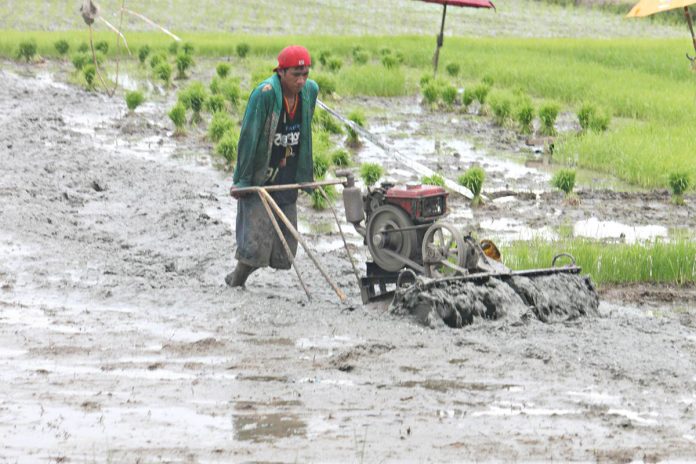
KALIBO, Aklan – Farmers in the province of Aklan are being urged to apply for condonation of delinquent accounts and exemption for payment of irrigation services to the National Irrigation Administration (NIA).
Republic Act 10969 or Free Irrigation Service Act (FISA) exempts farmers with lands of up to eight hectares from paying irrigation fees.
The law, which took effect in February 2018, also condones all back accounts and penalties of farmers and irrigators associations with the NIA.
NIA is an attached agency of the Office of the President tasked to provide effective, efficient and sustainable irrigation services for Filipino farmers.
Engineer Julieta Gallardo, officer-in-charge of NIA-Aklan’s engineering and operations section, said they target to achieve by yearend 50 percent of condonation of unpaid irrigation service fees (ISF) derived from communal irrigation systems administered by the agency.
ISF are charges for users of irrigation to cover the cost of operation, maintenance and construction of all existing national irrigation systems, pump irrigation systems and communal irrigation systems.
Only 20 percent of rice farmers owning eight hectares or less in the registry of exempted farmers have availed themselves of the free ISF in Aklan.
As of Dec. 10, NIA has condoned P11,262,045 or 12.30 percent of P91,557,246 back accounts for farmers using the Aklan River Irrigation System (RIS).
Some P6,234,017 or 7.48 percent of P83,324,165 unpaid fees of farmer-beneficiaries in Panakuyan RIS Ibajay were also condoned and written off from the books of NIA.
Farmers who own the land or members of irrigators association could avail themselves the FISA by applying for a landowners’ declaration and issuance of exemption for ISF payment.
They should submit proof of ownership such as Emancipation Patent Tax Declaration, Transfer of Certificate of Title, Certificate of Land Ownership Award, Original Certificate of Title, or Certificate of Landholdings issued by the Office of the Treasurer for approval of NIA regional manager.
ISF used to be two cavans per hectare for the wet season and three cavans per hectare for the dry season for marginalized farmers with eight-hectare lands or less.
In addition, farmers with land above eight hectares including corporate farms and plantations should continue to pay the necessary ISF./PN



